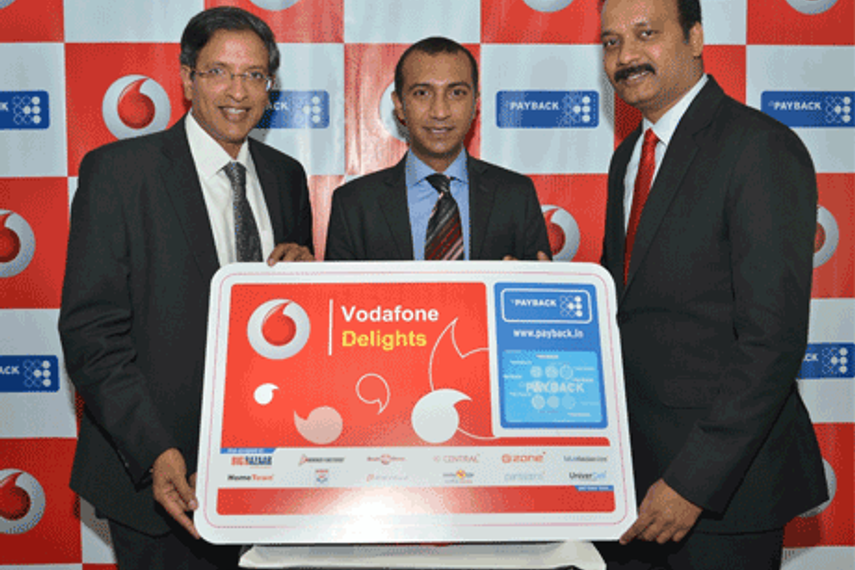
Please sign in or register
Existing users sign in here
Having trouble signing in?
Contact Customer Support at
[email protected]
or call+91 22 69489600
Q&A with Vijay Bobba, chief executive officer, Payback India

Contact Customer Support at
[email protected]
or call+91 22 69489600
Top news, insights and analysis every weekday
Sign up for Campaign Bulletins
The mandate includes strategic communications, digital outreach and narrative-building for the organisation as it works to establish industry-wide standards.
December means one thing for agencies across Asia-Pacific: AOY night. The Agency of the Year Awards have been running for over thirty years now, and somewhere along the way they became the industry standard for measuring who's actually doing work that matters.
Ravi Kudesia has been appointed vice president and business head of the division.
India is no longer an outsourcing destination; it is a trusted, creatively mature partner in the global content supply chain.